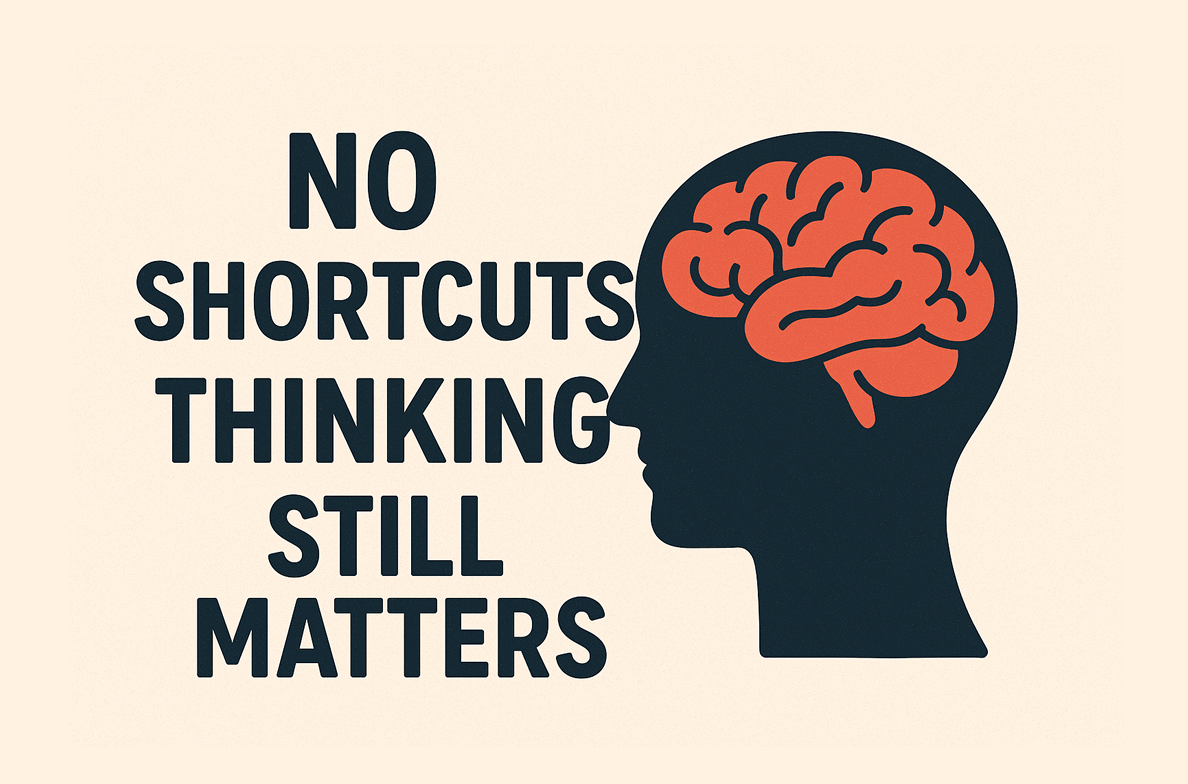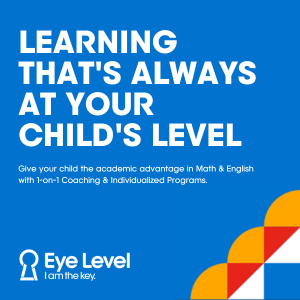
Since my son was little, I have wanted to teach him how to play chess. I figured I would start when he was old enough to absorb the rules of the game. I never thought much about it beyond that. Recently, I read a couple of articles suggested the benefits of encouraging children to play chess and one of them being an improvement in academics.
The obvious benefits of playing chess are that it helps children:
- gain confidence
- learn to solve problems
- build discipline
- increase concentration
- learn to strategize
- develop critical thinking skills
- learn to recognize patterns and develop tactics
- improve communication
- build memory skills
- learn sportsmanship
- analyze and evaluate
Recent studies have begun to associate chess with the improvement of cognitive abilities, rational thinking and reasoning in children. Researchers found that chess helps to bring out latent abilities that may have not been reached by traditional educational means. Chess “promotes logical thinking, instills a sense of self-confidence and self-worth, and improves communication and pattern recognition skills. It also teaches the values of hard work, concentration, objectivity, and commitment.”

“A five year study of 7th and 8th graders by Robert Ferguson of the Bradford, PA School District showed that test scores improved 173% for students regularly engaged in chess classes, compared with only 4.56% for children participating in other forms of “enrichment activities” including Future Problem Solving, Dungeons and Dragons, Problem Solving with Computers, independent study, and creative writing.”
Chess has also been associated with the improvement in social performance. “Not only have the reading and math skills of these children soared, their ability to socialize has increased substantially, too. Our studies have shown that incidents of suspension and outside altercations have decreased by at least 60% since these children became interested in chess.”
A study by Dr Peter Dauvergne at the University of Sydney found that students who play chess have raised their intelligence quotient (IQ) scores in the following areas:
- Strengthened problem solving skills
- Learned how to make difficult and abstract decisions independently
- Enhance reading, memory, language, and mathematical abilities; fostered critical, creative, and original thinking
- Provided practice at making accurate and fast decisions under time pressure, (a skill that can help improve exam scores at school)
- Taught them how to think logically and efficiently, learning to select the “best” choice from a large number of options
- Challenged gifted children while potentially helping underachieving gifted students learn how to study and strive for excellence
- Demonstrated the importance of flexible planning, concentration, and the consequences of decisions
- Reached boys and girls regardless of their natural abilities or socio-economic backgrounds



































